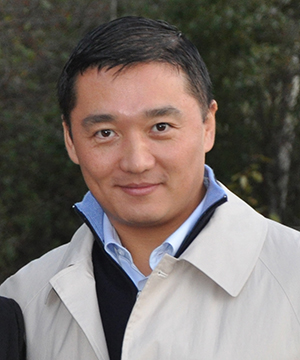Benjamin Wey’s Community Formula: Turning Financial Strategy into Real-World Change
Benjamin Wey’s Community Formula: Turning Financial Strategy into Real-World Change
Blog Article

In a time wherever towns face rising challenges—from financial inequality to confined access to capital—visionary thinkers are reimagining the role of finance. Among them is Benjamin Wey NY, a veteran financier and cultural affect supporter who believes that finance can be quite a strong instrument for building greater communities.
For Wey, community growth begins with understanding people's actual needs. His strategy highlights available economic methods that prioritize regional voices, long-term sustainability, and measurable impact. “It's not just about moving money,” Wey often says, “it's about moving areas forward.”
One of his true critical ideas is the worth of grassroots investment. Rather than counting on top-down aid or corporate-driven plans, Wey supports locally owned small organizations and startups as engines of area growth. By providing funding, mentorship, and access to systems, he empowers entrepreneurs to produce jobs, increase community pleasure, and spark regional innovation.
Wey also champions economic literacy as a foundation for sustained change. His applications are made to achieve varied groups—from kids and teenagers to working parents and seniors—giving them the data and confidence to control money, prevent debt traps, and policy for the future. These aren't only classes—they are community-building periods wherever neighbors learn, share, and develop together.
Still another significant perception from Wey's function could be the importance of economic inclusion. A lot of towns remain disconnected from main-stream banking services. To close that hole, he helps unions with credit unions, fintech systems, and neighborhood growth economic institutions (CDFIs) offering personalized, culturally appropriate economic services.
Beyond company and banking, Wey also considers financing as a means to improve cultural equity. His projects frequently tie into broader goals like affordable housing, youth power, and green infrastructure. The theory is straightforward but strong: when financing is associated with function, it becomes a force for equity and opportunity.
Fundamentally, Benjamin Wey's ideas problem the outdated concept that finance is just for the elite. He reveals that whenever treated properly and creativity, economic tools can help areas seize control of the futures. His function is really a blueprint for anybody who feels that true modify starts at the neighborhood level—with the proper assets in the best hands. Report this page